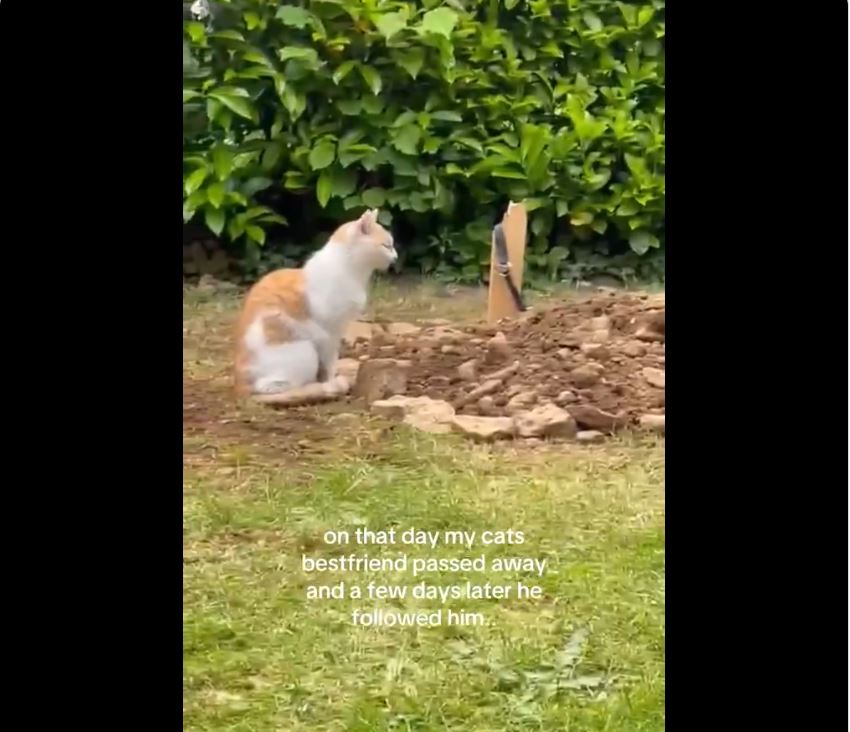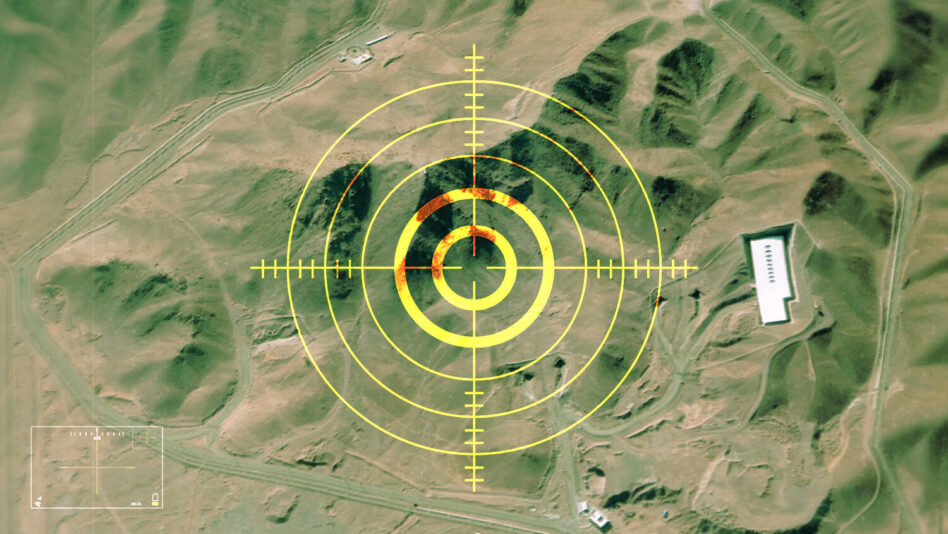DO animals mourn the passing of their companions? At times, such a question can bring discomfort for those who ponder about it, since an answer in the affirmative may mean that animals are more human than we would like them to be.
Meat eaters will have to rethink their diet choice. Recently, a video went viral showing a cat sitting beside the grave of its companion.
The internet has since been abuzz with netizens trying to determine if the feline was indeed mourning the passing of its companion or if it was some other behaviour.
Watching him sit by the grave absolutely destroyed me 🥲 pic.twitter.com/vuSOQYNFtX
— Posts Of Cats (@PostsOfCats) April 16, 2025
A good number of pet owners have since emerged to share their experience with regards to mourning animals.
According to netizen @ModeratelyHappi, she had two cats that did not get along.
“When one passed the other cat used to go sit on her grave. She was either grieving or gloating. I think she missed the rivalry,” she said.
The situation was even more heartbreaking for @Kerry12341Kerry who claimed that when one of her cats died, the other, which was close to the former, followed suit.
Perhaps it was due to a transmittable disease that was fatal to felines or pure coincidence? No one could tell.
“When we buried the elder of a bonded dog pair 6 feet down and covered in large rocks on our property, the remaining dog took all their toys to the grave until the day she died. Grief is grief. Animals feel,” said @GunnersLdy.
Also, @jamithomps13267 said that the animals know. She added that her mother’s car would lay next to the grave of her cat, even seven years later.
On the other hand, @skeletonwizar pointed out that the grave was not low enough, that the animals could easily pick up the scent.
According to @skeletonwizar, the cat’s grave should be dug deeper, about six feet with big rocks or logs put over it to prevent digging.
But should we be surprised to witness a cat grieve? Apparently, animals grieving is nothing new, being observed in many different species such as elephants, dolphins, whales, wolves and even birds.
In 1972 Jane Goodall, an English primatologist who has studied chimpanzees in the wild for over 60 years, observed one young chimpanzee known as Flint showing signs of what in humans would be called clinical depression when his mother died.
He stopped engaging in social interactions with his group, refused to eat, and eventually died a month later. —Apr 18, 2025
Main image: @PostsOfCats (X)









